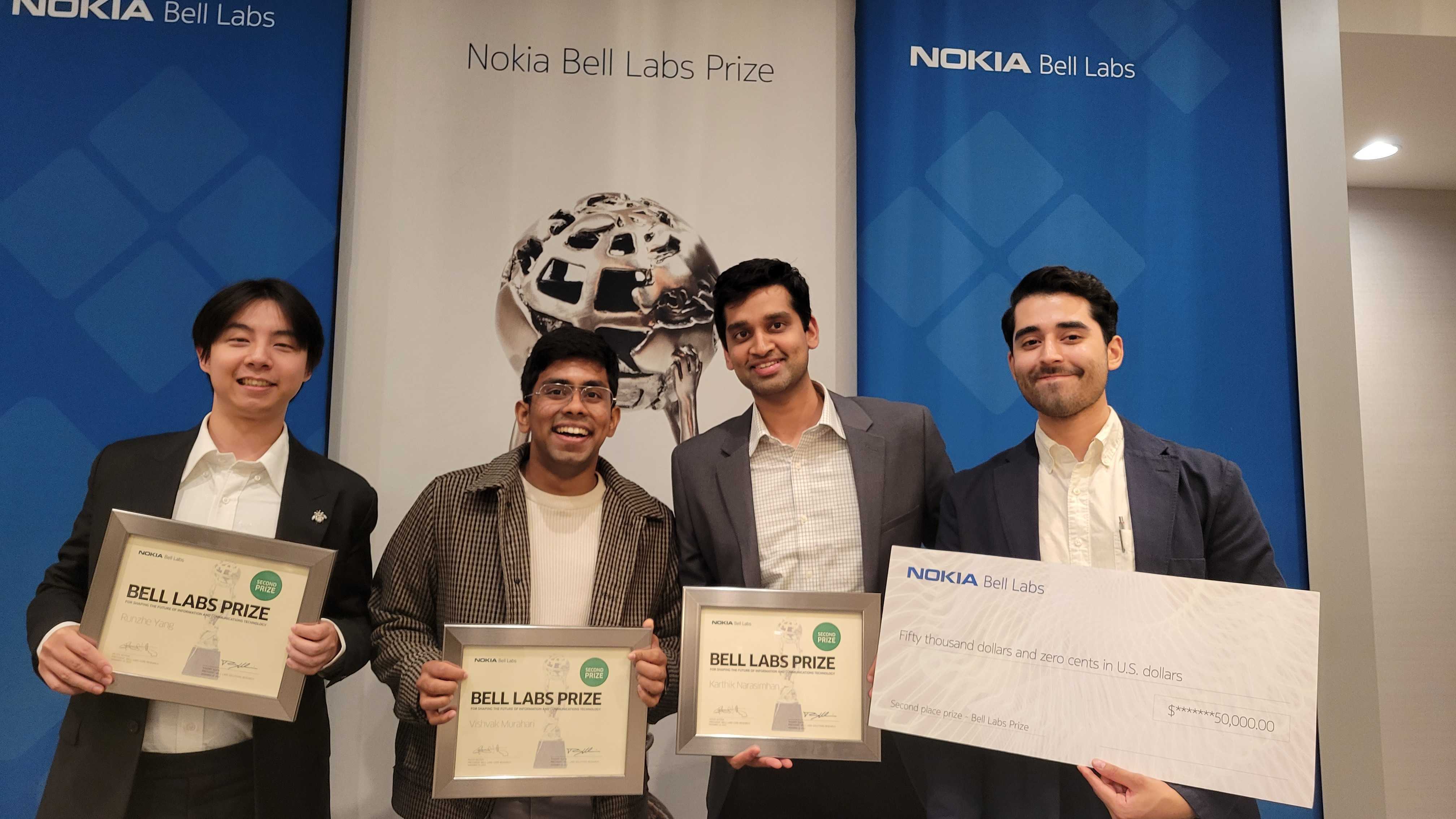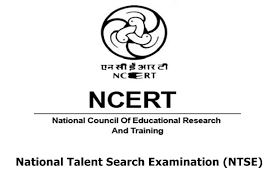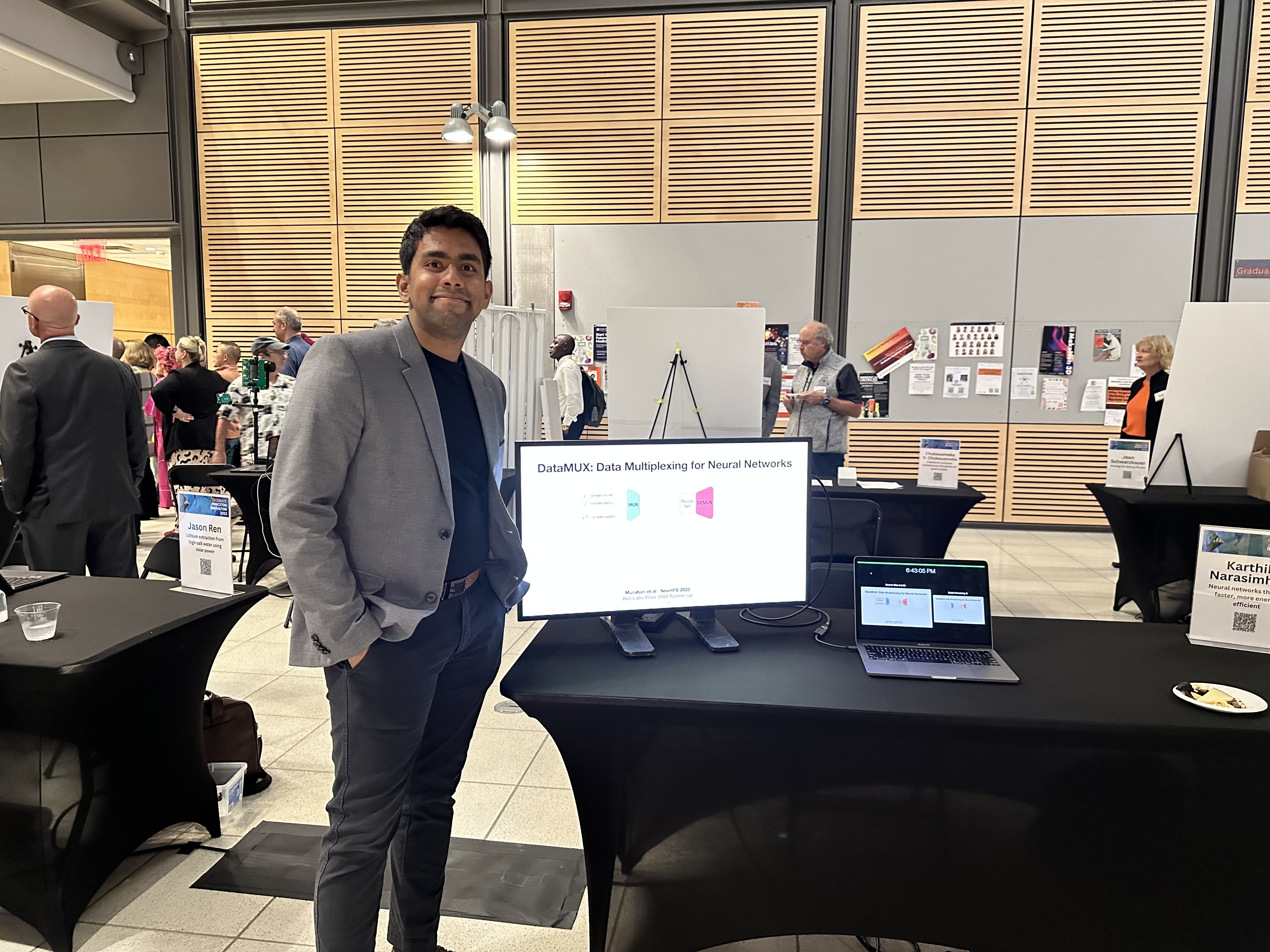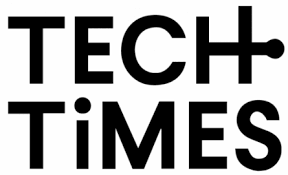Achievements
Runners-up for Bell Labs Innovation Prize, 2022
Selected as a finalist for Qualcomm innovation Fellowship, 2022
Awarded the MS Research Award by the College of Computing, Georgia Tech
Selected for the prestigious NTSE scholarship offered by the Govt. of India
Graduated from Georgia Tech Bachelors in Computer Science with Highest Honors.
Awarded Faculty Honors by Georgia Tech for 5 out of 6 semesters in my undergraduate degree.
Represented India at the World Robotics Olympiad in 2013 and 2014.
Awarded first prize in the Indian Robotic Olympiad, 2014 and placed fourth in Indian Robotic Olympiad, 2013.





Press Coverage
Navigating the dynamic landscape of algorithmic, efficiency, and safety challenges in Gen-AI personalization is key. Join us as our workshop sparks principled discussions and fosters collaboration among industry leaders, academics, startups, and policymakers. Save the date! 🗓️🚀 https://t.co/AMbU99PMmK
— Vishvak Murahari (@VishvakM) November 17, 2023
QualEval – your LLM data scientist🥼
— Vishvak Murahari (@VishvakM) November 7, 2023
Quantitative metrics don’t aid in model improvement
Our philosophy – Quality over quantity✅
QualEval qualitatively analyzes tons of data🔍, reasons over mistakes⚠️, and improves your model
Your model dev copilot✈️
Demo:https://t.co/y0EDvjiLV5 pic.twitter.com/26uGYgBD7R
I am excited to share that #PrincetonInnovation has featured our innovations around Data Multiplexing, a novel neural network efficiency paradigm, alongside other cutting-edge research from @Princeton this year. pic.twitter.com/ThCcT85CYG
— Vishvak Murahari (@VishvakM) September 28, 2023
We present MUX-PLMs, a family of multiplexed pre-trained language models (PLMs), with a many-fold higher throughput than standard PLMs. Our MUX-BERT models achieve a 2x/5x speedup with a 2-4% drop in absolute performance on GLUE, and a 1-2% https://t.co/JLohqVIHkl… pic.twitter.com/k1X07bpHay
— Vishvak Murahari (@VishvakM) February 27, 2023
New research from @AmeetDeshpande_, @VishvakM and @karthik_r_n featured in @TechCrunch.
— Princeton Computer Science (@PrincetonCS) April 17, 2023
Giving ChatGPT a certain "persona" can make it speak like a "bad person," or even Mao Zedong.
The responses, researchers found, can become consistently toxic.https://t.co/vDEmmhVaHu
Data Multiplexing for Neural Networks🔀
— Vishvak Murahari (@VishvakM) February 21, 2022
Can neural networks process multiple instances simultaneously as a single mixed input, similar to how radio channels can share bandwidth to carry multiple signals? Surprisingly, we find they can indeed!! https://t.co/OZR1BE1LWQ
📜 [1/6] pic.twitter.com/5uVQ2p7V3T













